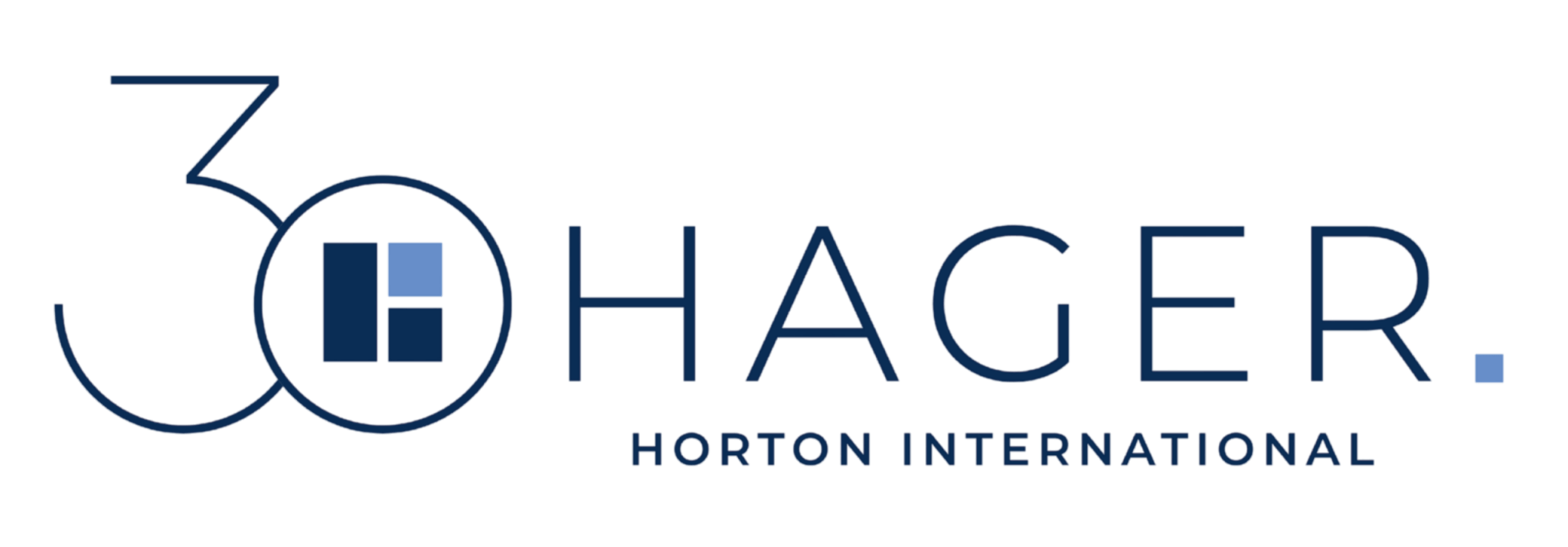Is the property sector protected?

Cyber security is omnipresent. Ubiquitous? Not quite. And not everywhere.
There are companies and even industries that present themselves almost like ‘Gallic villages’, to use this vivid Asterix image, in which the message of a powerful external threat has been received, but they continue to perceive themselves as impregnable fortresses – and do little or too little to protect themselves. The ‘magic potion’ is usually the feeling that nothing will happen, thanks to a passable firewall. The reality is often different. According to research by the Criminal Research Institute of Lower Saxony (2019/2020), more than 59 per cent of German companies surveyed had already been the victim of a serious cyberattack. And the trend is rising sharply.
Black Box Cyber-Security
The players in the automotive industry were among the first to take the issue of cyber security seriously across the board and take stringent measures, both in terms of personnel and technology, more than twenty years ago. They are still among the pioneers in cyber security today.
Hackers are greedy for sensitive data. And the property industry also possesses and collects this data in abundance. Its products are increasingly being planned, marketed and managed using digital technologies. Extensive digital services are provided for tenants and users.
What applies to every industry – cyber attacks are increasing proportionally with digitalisation. Phishing attacks on online property portals, for example, in which criminals use infected websites to place false rental advertisements, are widespread. It is not always highly professional hackers, individual perpetrators who identify and exploit suitable vulnerabilities in their own research, but complex illegal ‘armies’ with worms and viruses that paralyse entire building systems or digitally knock out the company over a longer period of time.
If you ask your own large network in the German property industry, the topic of cyber security, or rather cyber resilience, is still a black box in many places, despite all the warnings – and is often treated as a chore. What’s more, studies have shown that 95 per cent of all security-related threats can be traced back to unconscious human – internal – errors. No intent, no malice, but too inexperienced in the matter or not trained up to date. For example, an inadequately set up firewall or a firewall with holes in it can cause huge damage.
Saving at the wrong end?
Is our company really protected and does our management team have sufficient knowledge to be able to manage cyber risks appropriately? Do we have the most experienced IT security experts working for us? The property industry should urgently consider these issues. The size of a company is not necessarily the decisive factor. Effective defence mechanisms and technologies – the right password management can be a small start here – and employees who can draw up emergency plans and implement them immediately in the event of an attack or serious disruption are important ‘lifelines’. If a company makes personnel savings at the wrong end here, it can take bitter revenge.
As a personnel consultant, HAGER is a pioneer in supporting the digital transformation of companies in all sectors. Since its foundation over 25 years ago, this has been a key focus. With foresight, HAGER has pointed out necessary adjustments. Currently, these are particularly aimed at the property industry, where people with outstanding digital expertise are needed to drive forward or build up future readiness and cyber security (security concepts) in the company. Such minds are rare, the most brilliant of them, as HAGER finds them, are not uncommunicative nerds (watch out, cliché!) or free spirits, but highly talented and team-oriented personalities.



